Dongfeng and Changan's Restructuring May Propel Them to Become the World's Fifth Largest Auto Group
![]() 02/10 2025
02/10 2025
![]() 442
442
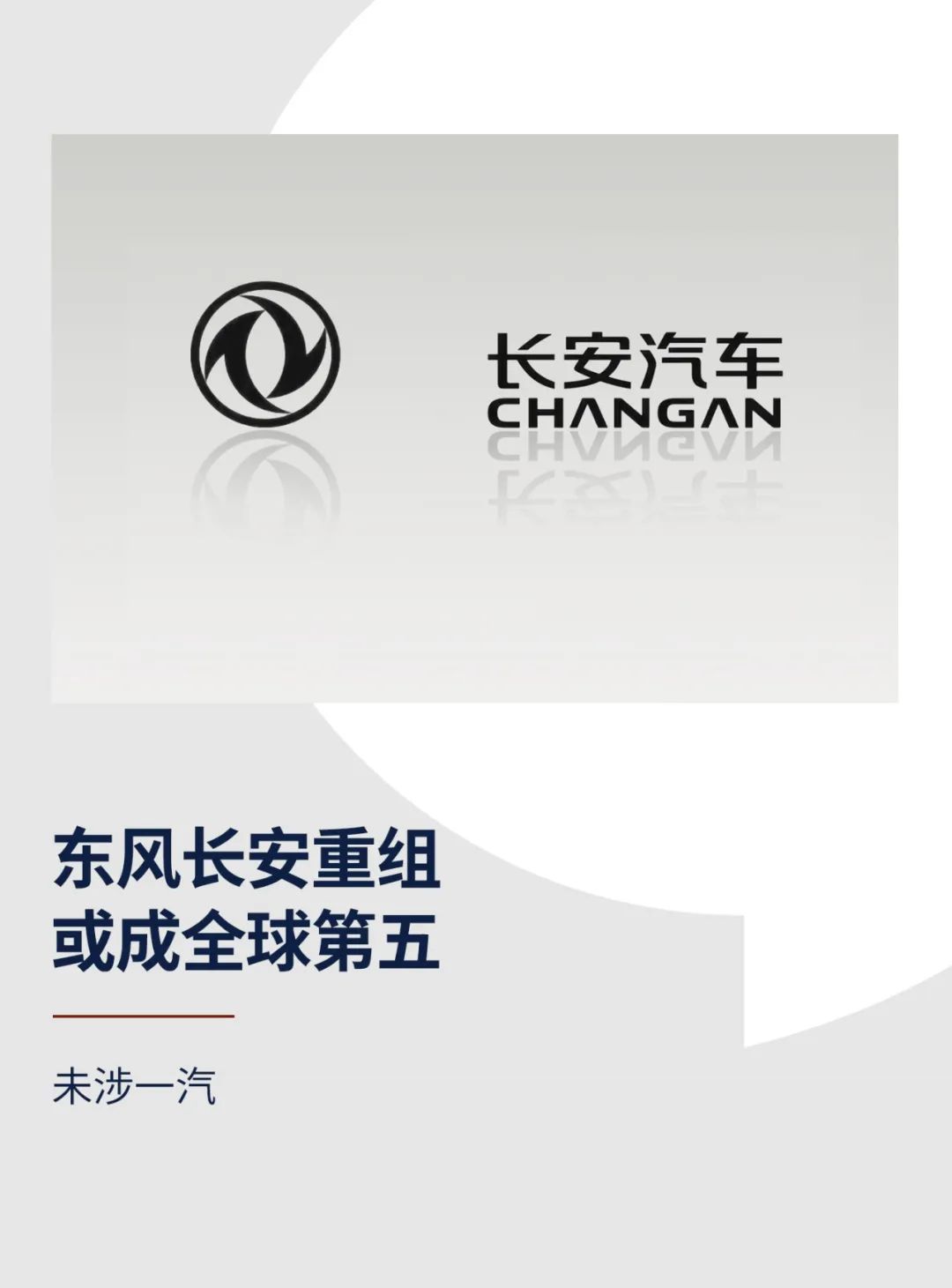
Author | Shen Tianxiang
Editor | Li Guozheng
Produced by | Bangning Studio (gbngzs)
February 9, 2025, marks a pivotal day in the history of China's automotive industry.
Despite being a Sunday, listed companies within Dongfeng Motor Corporation and China South Industries Group (CSIG) issued a series of announcements, sparking speculation about a potential merger and restructuring between Dongfeng and Changan Automobile.
On the Dongfeng side, Dongfeng Motor Corporation Limited (600006.SH, Dongfeng Motor) and Dongfeng Electronic Technology Co., Ltd. (600081.SH, Dongfeng Technology) issued indicative announcements regarding possible changes in their indirect controlling shareholders. Similarly, Changan Automobile Company Limited (000625.SZ, Changan Automobile), Dongan Automobile Engine Co., Ltd. (600718.SH, Dongan Engine), and Great Wall Military Industry Co., Ltd. (601606.SH, Great Wall Military Industry) also made similar announcements.
Dongfeng Motor announced that it had received a notice from its indirect controlling shareholder, Dongfeng Motor Corporation Group (Dongfeng), on February 9, indicating plans for a restructuring with other state-owned enterprise (SOE) groups. This restructuring may lead to a change in Dongfeng Motor's indirect controlling shareholder but will not alter its actual controller. The relevant arrangements are still subject to procedures and approvals from competent authorities. The company assured that this restructuring would not significantly impact its normal production and business activities.
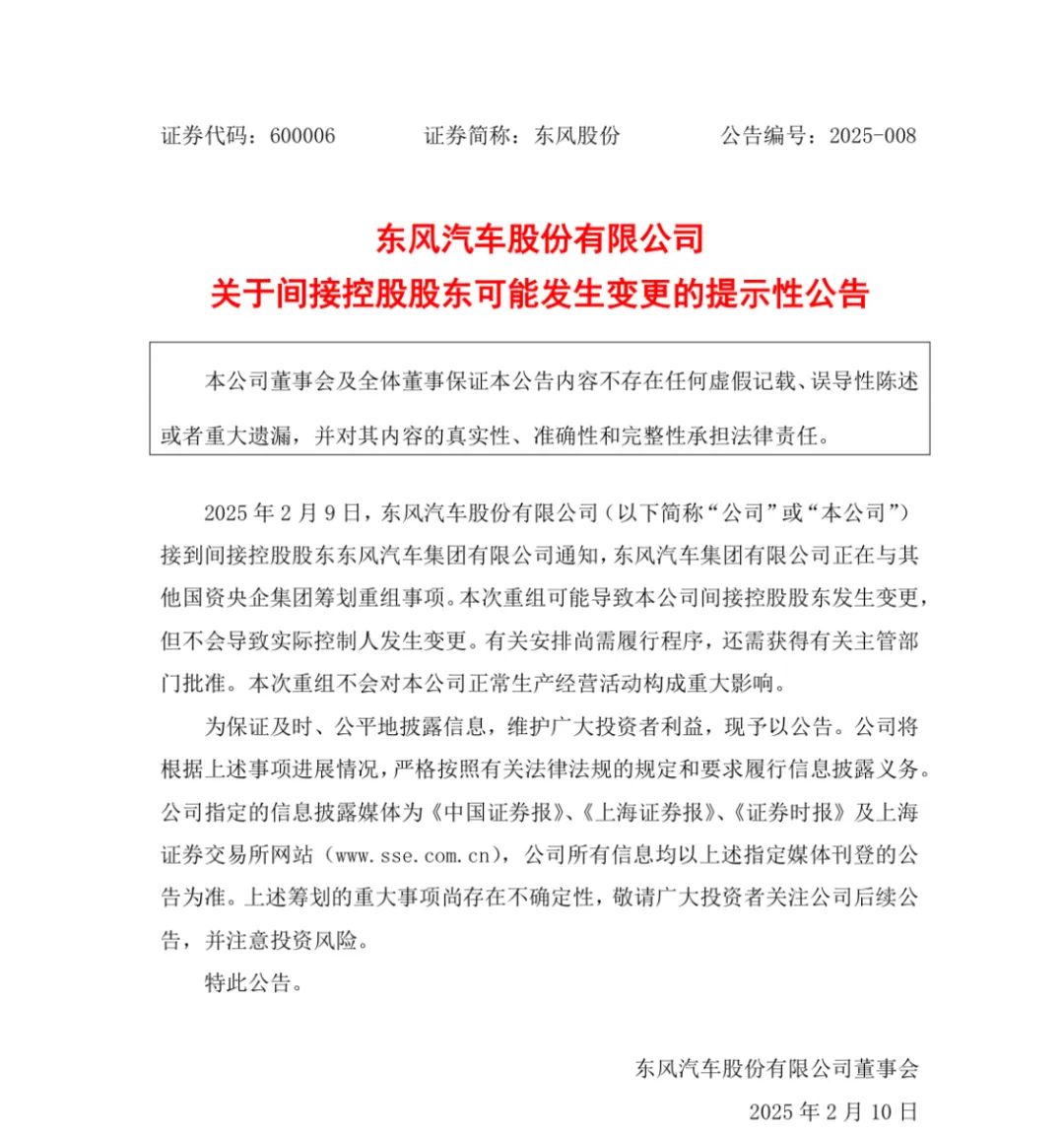
Changan Automobile announced receiving a notice from its indirect controlling shareholder, CSIG, regarding plans for a restructuring with other SOE groups. The announcement also stated that this restructuring might result in a change in the company's controlling shareholder but would not affect its actual controller.
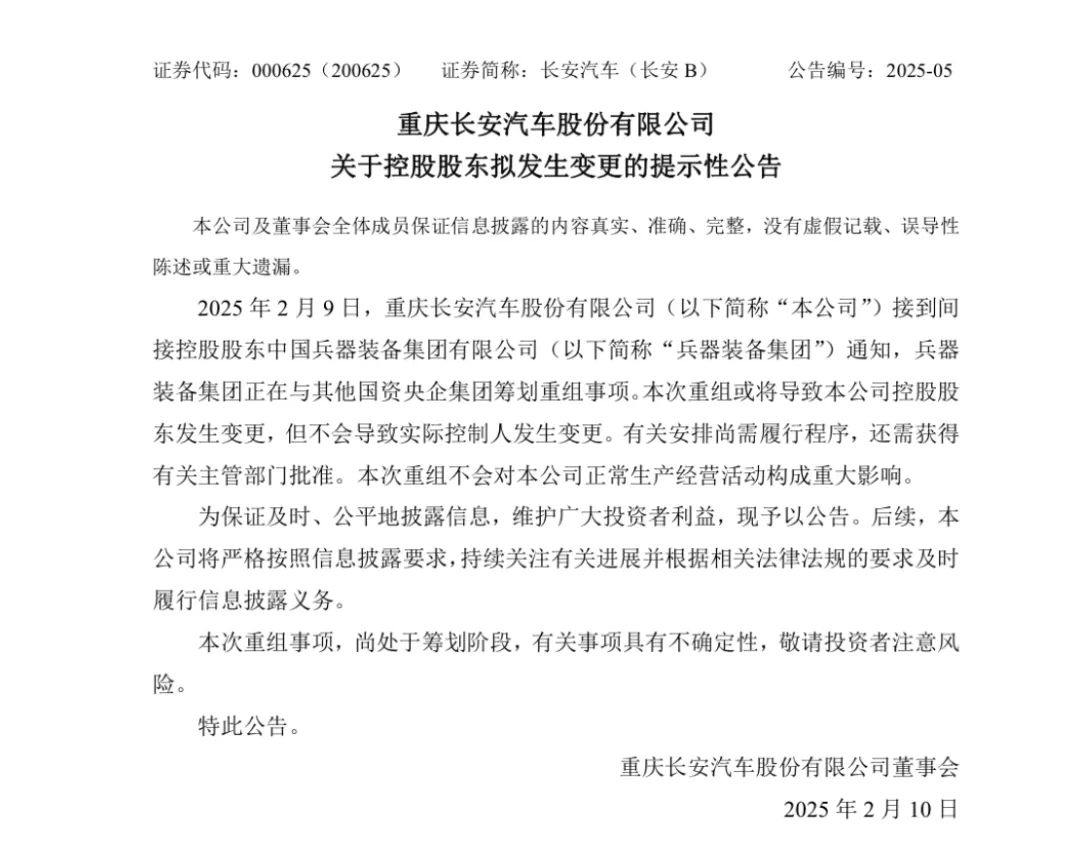
This development suggests that the long-rumored integration of centrally-administered SOEs in the automotive industry may finally become a reality.
Bangning Studio learned from relevant sources that the SASAC Reform Bureau will convene a special meeting on February 11.
This restructuring is not a coincidence but a policy-driven initiative.
Last year, the SASAC repeatedly emphasized the need to concentrate state capital in strategic emerging industries and enhance industrial competitiveness through specialized integration. SASAC Director Zhang Yuzhuo noted that the three major automotive SOEs—FAW, Dongfeng, and Changan—have "not developed fast enough" in the field of new energy vehicles and must achieve breakthroughs through reform of the assessment mechanism and resource integration.
This integration and restructuring is one of the specific actions taken by centrally-administered SOEs to implement the policy of concentrating state capital in strategic emerging industries.
Firstly, subtraction—focusing on core responsibilities and main businesses.
Public information indicates that CSIG is an important state-owned backbone enterprise directly managed by the central government. It is a core force in the defense science and technology industry and a strategic enterprise for both the defense industry and the national economy, playing a crucial foundational and strategic role in China's defense and security.
However, its primary automotive business entity, Changan Automobile, is one of China's three major automotive SOEs and is currently transitioning to new energy. By spinning off from CSIG, Changan Automobile can concentrate more on developing its new energy vehicle business and accelerate its transformation.

Secondly, addition—promoting specialized integration.
The SASAC's recent integration of centrally-administered SOEs has largely followed the logic of "merging like items." On January 24 of this year, China Shipbuilding Industry Corporation (CSIC) completed a share swap and merged with China Shipbuilding Heavy Industry Group to create a world-class shipbuilding enterprise. Personnel changes in automotive SOEs were also related to this—Wang Guoqiang, former director, deputy secretary of the party committee, and chairman of the trade union of FAW, became deputy secretary of the party committee, director, and general manager of CSIC; Peng Yuanpu, former deputy general manager and member of the party committee of Dongfeng Motor, transferred to serve as deputy general manager and member of the party committee of CSIC.
Previously, FAW planned to invest and hold a controlling stake in Lishen Qingdao, a subsidiary of China Chengtong, with participation from CSIG and Dongfeng Motor to jointly create a leading state-owned power battery enterprise.
Another example in the automotive-related industry is the spin-off of China Automotive Engineering Research Institute Co., Ltd. (China Automotive Technology & Research Center) from China General Technology Group and its merger into China Certification & Inspection (Group) Co., Ltd.
On January 16, 2023, China Automotive Engineering Research Institute Co., Ltd. (601965.SH) issued an announcement stating that it had received a "Confirmation of Transfer Registration" from the China Securities Depository and Clearing Corporation Limited Shanghai Branch, forwarded by China Certification & Inspection (Group) Co., Ltd., confirming the completion of the procedures for the registration of the transfer of state-owned shares without compensation.
As a result, China Certification & Inspection (Group) Co., Ltd. became the world's ninth-largest comprehensive quality service provider; China General Technology Group focused on its core responsibilities and main businesses, concentrating resources to strengthen and optimize its core sectors such as machine tool equipment and healthcare.
Now, the entire restructuring of Dongfeng and CSIG may follow a similar model, involving the spin-off of non-core businesses and the concentration of resources to break through technological bottlenecks.
Currently, the global automotive industry is undergoing significant turbulence and transformation, with a trend towards restructuring and integration. In Japan, Nissan Motor and Honda Motor previously sought to merge and restructure, but recent negotiations have stalled. In China, major automotive groups are restructuring their internal systems, focusing on integrating brand operations and industrial chain technology systems to strengthen and enhance their integrated capabilities.
In terms of employee numbers, Dongfeng Motor currently has over 120,000 employees, and Changan Automobile has nearly 100,000. In terms of sales volume, Dongfeng Motor sold 2.48 million vehicles, and Changan Automobile sold 2.683 million vehicles in 2024. Last year, BYD and Geely Auto ranked among the top ten in global vehicle sales, with 4.27 million and 3.33 million vehicles sold, respectively, ranking fifth and tenth.
Based on 2024 data, the new entity formed by the merger of Dongfeng and Changan would surpass BYD in sales volume, making it the world's fifth-largest automotive group, with the top four being Toyota (Japan), Volkswagen (Germany), Hyundai (South Korea), and Stellantis (headquartered in the Netherlands).
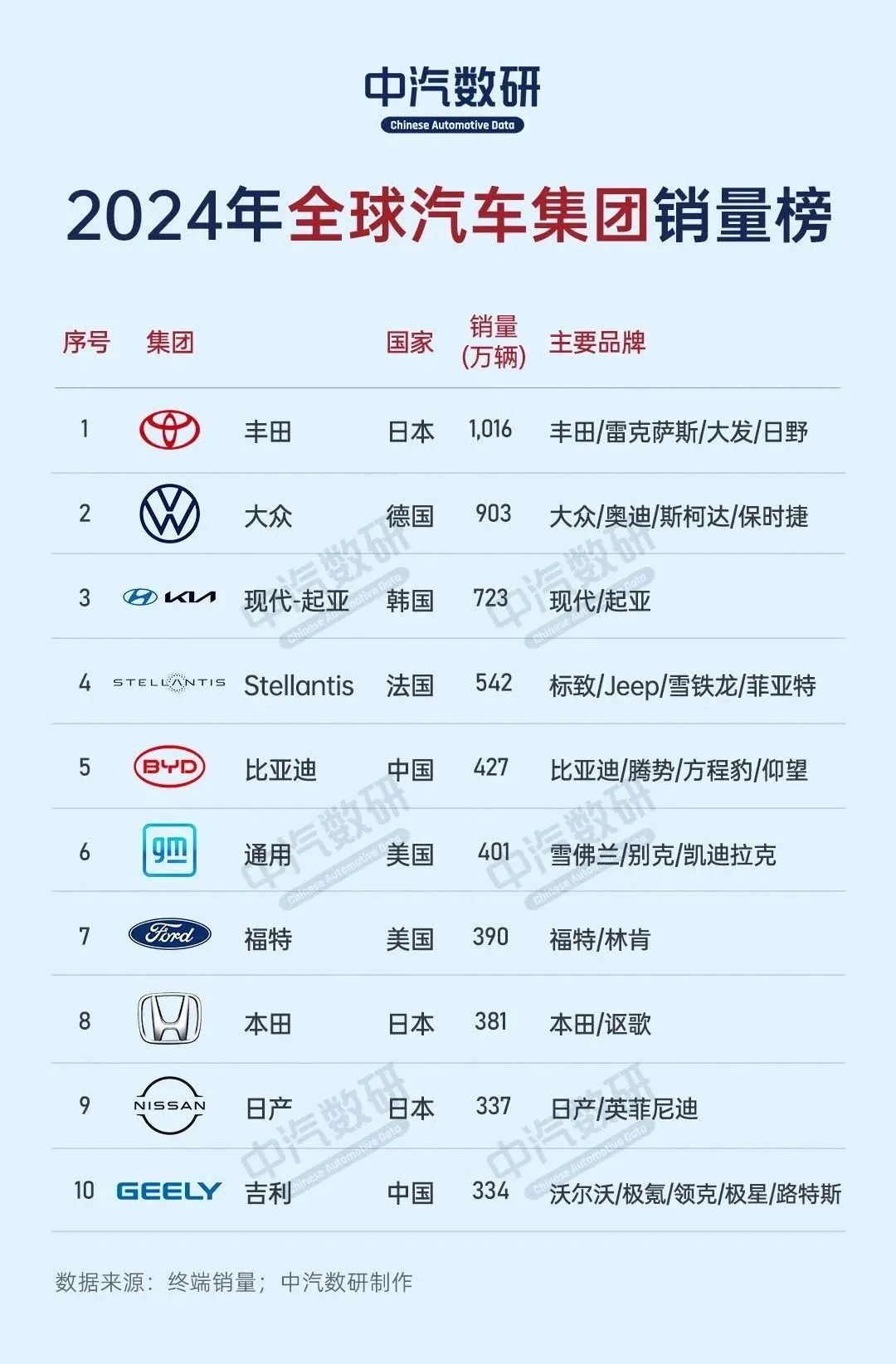
Regarding this restructuring news, Bangning Studio promptly interviewed multiple authoritative figures. Based on their views, there are primarily three aspects to consider:
First, these announcements are indicative, and the relevant listed companies may further suspend trading. According to relevant management regulations for listed companies, if the restructuring involves significant asset changes or control transfer, the relevant companies need to further suspend trading or issue detailed plans.
Second, the restructuring and integration plan may not be released soon, with some believing it will take "about half a month."
Third, opinions vary.
Some believe that "this is a great thing" and consider it a powerful combination that integrates resources in the fields of new energy vehicles and intelligent driving, reduces homogeneous competition, forms a synergistic effect, and enhances market competitiveness. In particular, Dongfeng and Changan have significant advantages in automotive components, and the restructuring will strengthen their layout in key links of the new energy vehicle industry chain.
Others note that "there are complementary aspects, with one party having a stronger presence in commercial vehicles and the other in passenger vehicles, and no conflicts in their joint venture sectors." They believe that two members of Dongfeng's leadership team have a Changan background, which is also a favorable condition for the integration of the two companies.
Among them, Zhou Zhiping, director, general manager, and deputy secretary of the party committee of Dongfeng Motor, previously held positions such as employee director of CSIG and secretary of the party committee, director, and president of Changan Automobile; Feng Changjun, chief accountant and member of the party committee of Dongfeng Motor, previously served as deputy director of the Budget Division and director of the Finance Department at CSIG.
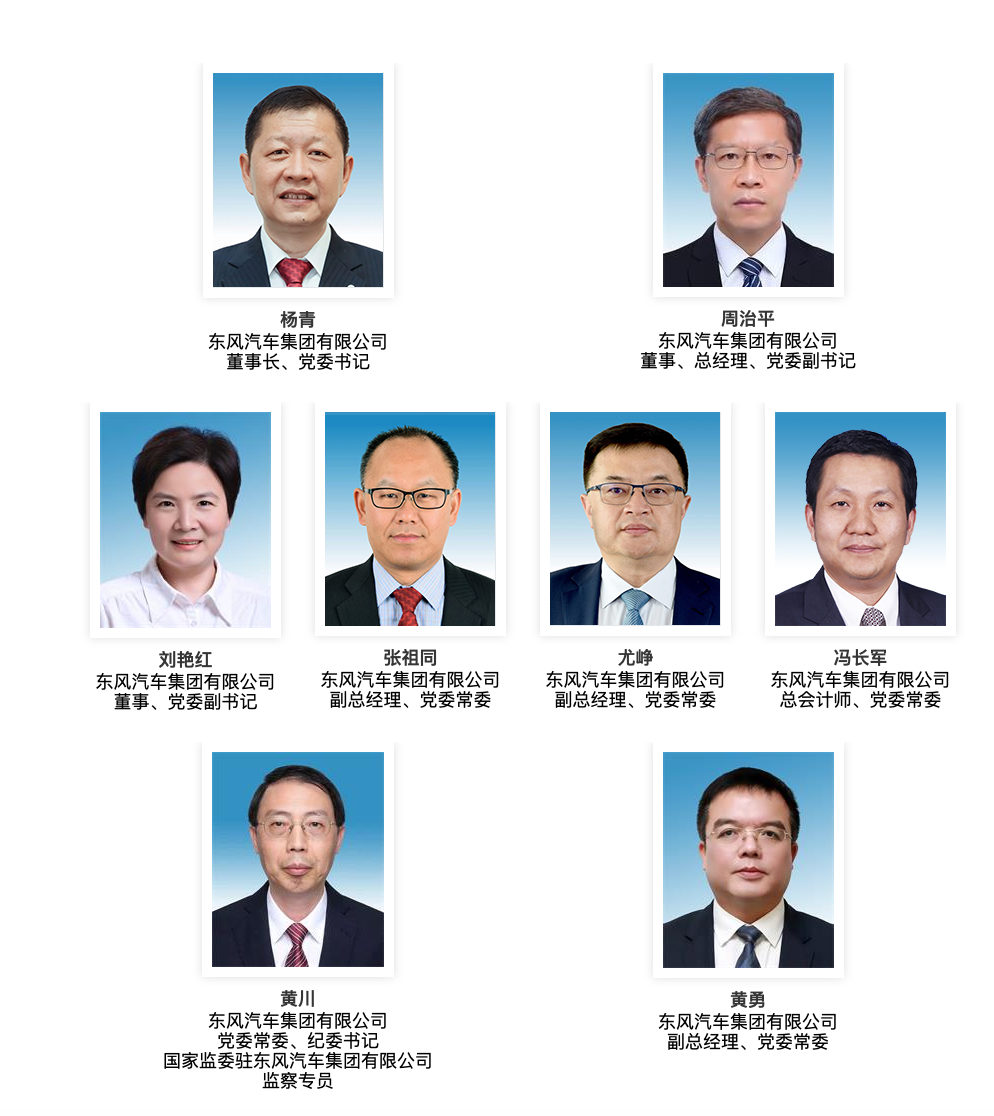
Others have expressed that "central enterprise integration has always been about the integrated party encountering difficulties and being unable to survive, leading to annexation," and that "this time is rather peculiar, with a second-tier central enterprise integrating a first-tier central enterprise? We will wait and see."
Still, others are not very optimistic, believing that "the two enterprises cannot find common ground for mutual empowerment" and that "personally, I think it's a forced match, which is difficult! Without one party far ahead, it is difficult to integrate."
Bangning Studio believes that regardless of whether one is optimistic or not, this restructuring is policy-driven, and the general trend is irreversible. All parties should focus more on how to effectively integrate and achieve synergistic operations to achieve the goal of restructuring and integration as soon as possible.
It is worth noting that, based on public information, this integration and restructuring does not involve FAW. Regarding this, authoritative figures believe that "there may be a process to restructuring, just like how Baosteel integrated other central enterprises, one after another."








